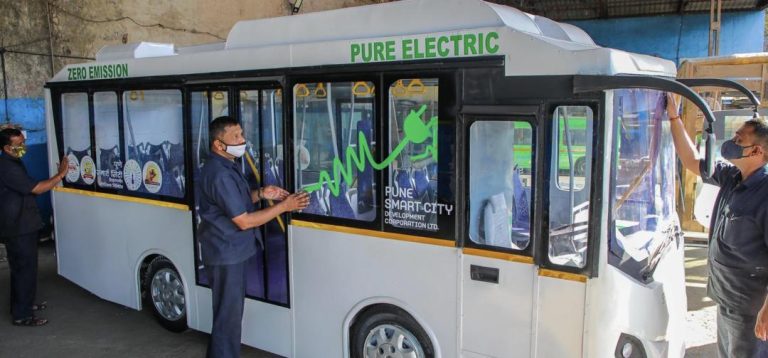
Mondelez Seeks Delay in EU Forest Law; Sentiment Stays Flat
As the European Union prepares to implement its anti-deforestation law, which bans imports tied to forest loss starting in December, Oreo maker Mondelez has urged a one-year delay in the law’s enforcement. The company cites challenges to the cocoa supply chain and digital readiness in origin countries as the main reasons for the request. Meanwhile, retail sentiment on Stocktwits remained neutral, and MDLZ shares have seen a 15.5% year-to-date increase.
The EU’s anti-deforestation law aims to combat deforestation and forest degradation by prohibiting the sale of products linked to forest destruction. The law applies to companies operating in the palm oil, soy, and cocoa sectors, among others. Mondelez, which is a major player in the global cocoa market, has expressed concerns about the law’s implementation, stating that it may cause disruptions to the supply chain and result in higher costs for the company.
In a letter to the European Commission, Mondelez emphasized the need for a one-year delay to address the challenges posed by the law. The company cited the complexity of the cocoa supply chain, which involves thousands of smallholder farmers, cooperatives, and processors. Mondelez argued that the law’s enforcement would require significant investments in digital infrastructure and data collection, which may not be feasible in the short term.
The company also highlighted the need for more support from the EU to help origin countries develop their digital capabilities and implement sustainable agriculture practices. Mondelez argued that a delay would provide the necessary time for these countries to prepare for the law’s implementation and ensure a smoother transition for the industry.
Despite Mondelez’s request, the EU has not yet indicated whether it will grant a delay. The European Commission has stated that it is committed to implementing the law and is working with companies to ensure a smooth transition. However, the commission has also acknowledged the need for flexibility and has expressed willingness to provide support to companies that are struggling to comply with the law.
Retail sentiment on Stocktwits, a platform that allows investors to share and discuss market news and analysis, has remained neutral on the news. This is not surprising, given that the stock has already seen a significant increase in value this year. MDLZ shares are up 15.5% year-to-date, outperforming the broader market.
While the EU’s anti-deforestation law is a positive development for the environment, it is also a significant challenge for companies operating in the affected sectors. Mondelez’s request for a delay highlights the complexity of the issue and the need for a collaborative approach to address the challenges posed by the law.
In the long term, the law is expected to have a positive impact on the environment and the economy. By promoting sustainable agriculture practices and reducing deforestation, the law will help to preserve biodiversity and mitigate the effects of climate change. The law will also create new opportunities for companies that prioritize sustainability and are willing to invest in digital infrastructure and data collection.
For Mondelez, the law presents a significant challenge, but also an opportunity to demonstrate its commitment to sustainability and social responsibility. The company has already made significant progress in reducing its environmental impact and improving the lives of its employees and suppliers. A delay in the law’s implementation would provide the company with more time to prepare for the transition, but it would not change the ultimate goal of achieving sustainability and social responsibility.
In conclusion, Mondelez’s request for a delay in the EU’s anti-deforestation law highlights the complexity of the issue and the need for a collaborative approach to address the challenges posed by the law. While the law is a significant challenge for companies operating in the affected sectors, it is also a positive development for the environment and the economy. As the law is implemented, companies like Mondelez will need to work together with governments, NGOs, and other stakeholders to ensure a smooth transition and achieve the law’s goals.






